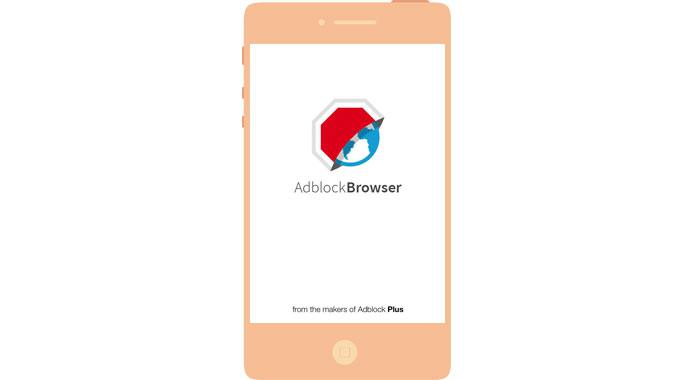Ad blocking going mobile and how native apps can benefit from it
Written by Isabella Leland on
One of the most talked about features of the latest Apple operating system version, iOS 9, is how it now allows its users to enable ad blocking apps. The big question is, will ad blocking become big for mobile or not?

Pointers seem to be heading towards a yes. As it turns out, ad blocking apps reached the top spots on the App Store within a day of the iOS 9 release. Crystal, Purify, these are the seemingly innocent names posing as a threat to mobile ad revenues.
Ad blocking and web browsers
Technically speaking they are very quick to implement and thus likely to attract a large public. Once iOS 9 is downloaded, users must download an ad-blocking app, then go to Settings > Safari > Content Blockers and enable a content-blocking extension.
Besides, Android is in the spotlight as well, with the creators of Adblock Plus now launching Adblock on Google Play. Adblock is different from its competitors as it functions as a web browser of its own. A different strategy which, for iOS users (Adblock browser is available in the App Store too), quite simply bypasses Apple settings.
Ad blocking and native apps

So, what does it mean for mobile app owners? Well the good news for you GoodBarbers is that native apps are the perfect way to get around ad blocking. Indeed, ads within apps won’t be affected by the blockers.
Also, one of the reasons why ad blocking features have become popular on desktops, and are now going mobile, is because users are hoping the content they are interested in will, quite simply, load faster.
For mobile it also means devices will be faster, possibly more stable, and it will undoubtedly save precious battery time. Benefits which cause genuine concerns for publishers who are worried their mobile ad-revenue might suffer.
Once again, the good news is that native apps are already one way to load content faster. So, in case you were wondering why we so often stress the importance of going native, well now you have one very eloquent example.
Ad blocking and the future of mobile advertising
Privacy is also a concern. The idea that yet another app will track your online every move (although app blocking apps insist on precisely not intercepting your traffic within their description), is another reason why users might not be so eager to download these apps after all.
In the end, the future of mobile advertising surely isn’t bleak. Specialists are simply hinting at the fact that this new development will prompt mobile advertising to evolve, with possibly more elegantly crafted advertisement options that will incorporate themselves more deeply within content in order to beat ad blocking apps.
Users will surely benefit from this, as invasive banners and pop-ups become more and more scarce and loading time improves. The only downside is the barrier between genuine content and sponsored content which is bound to become blurry. But as for ad revenues, should it be your concern, it is likely they will remain rather unscarred in the long run.